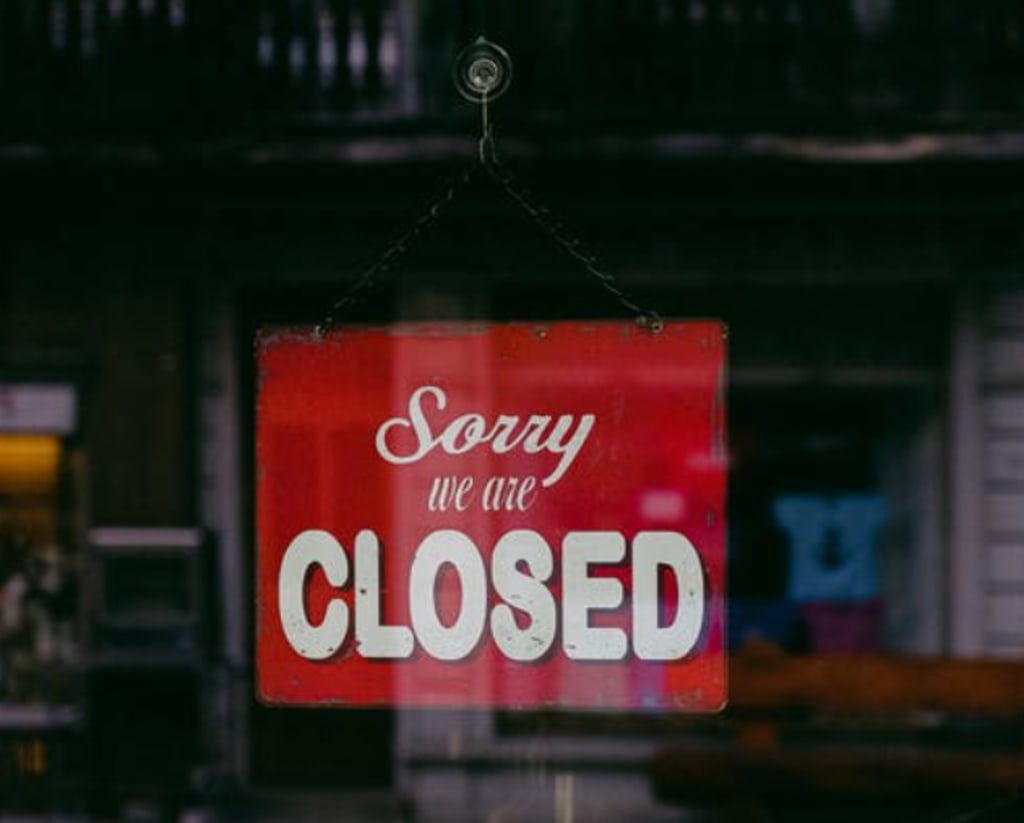
Closing a business can be hard, especially when you have run it for a couple of years. It can be quite disheartening for you, but this action will leave you with quite a number of business debts. The most common business debts are owed to service providers, suppliers, banks, private lenders, landlords, and utilities. You are required to notify these entities of any impending closures and lay out a plan to pay the owed debt in full.
Hoping that your creditors go away if you ignore them long enough is wishful thinking because you will be exposed to a litany of lawsuits, debt collection agencies, and other actions that could be quite inconvenient. What are the steps you need to take to settle your business debt? Well, this article is a guide on the best steps you can take to settle your business debt.
Prioritize Your Debt
The first thing you need to do is hire an expert who is skilled at handling business debt. It is important that you seek professional help when you begin the process of clearing your debt so that the process is as smooth as possible. The debt settlement professional will help you to organize your debt from most important to least important. This will help you to focus your resources on settling the most pressing debts
Typically, debts are organized in the following order:
● Debts where personal assets were used as collateral would be cleared in order for your asset to be returned.
● Owed wages and employee benefits are paid off next, which helps to reduce the business' existing debt.
● Any loans which you have personally taken out to put into your business would be settled next. Any cases that are in court or have any form of legal action being taken are given precedence over others.
● Lastly, the leftover money is used to settle credit card, leases, suppliers, and other business expenses.
Organizing your debt will help you see a clear picture of where the most money should go. Paying your debt in an uncoordinated manner will leave you in a financial mess that would be difficult to leave.
Negotiating Your Debt
If you are unable to pay your business debts in full, you will have to negotiate with your creditors to pay a lesser agreed upon amount. This is where your debt expert comes in, they will help you to negotiate a fair amount depending on the circumstances surrounding the debt. For instance, if your business is registered as a Limited Liability Company (LLC), creditors are unable to collect any money owed from your personal accounts or assets hence they would be more willing to accept lesser amounts.
Your negotiator will deal with each debt on a case by case basis and would ensure that you get a fair deal on each business debt owed. When negotiating, you should remember that most creditors would be willing to take between 30%-70% of monies owed because it becomes harder to collect any money when your business suits down. Starting negotiations early is the key to preventing any unnecessary legal troubles.
You should take advantage of your debt organization to settle your most pressing debts first. This is because it would not move the needle much if you settled smaller debts while leaving the larger ones looming. Talk to an expert early and bring your largest creditors to the negotiating table. Settling for decent amounts with these larger creditors will ensure that you have left over money to pay your smaller creditors.
Future Claims
You should set aside some money from the leftovers after your debts have been paid, to cater for future claims. There may be one or two more creditors that will come out of the woodwork when you close shop, and these claimants would need to be paid. You should conduct a thorough look at your books with the help of your expert, for any possible unpaid debts that may have been overlooked. This will help you plan for any future creditors that may arise after your business has folded.
Some experts believe that you should set aside between 1%-2% of your revenue for future claims depending on the unpredictability of your business. This money can be deposited into an escrow account, savings account, or business bank account. On the law side of things, some states have made it mandatory for businesses to deposit the money for future claims into a trust account, which is controlled by the commissioner of revenue.
If you run an LLC or corporation, you are legally required to keep the money aside for a duration of two to five years. This number is determined by the statutes of your state. On the other hand, if you run a partnership or sole proprietorship, you are mandated to keep the money for between three to ten years. This is important because if a creditor shows up within the stipulated time period, they could sue you personally. Ensure that you have q debt expert guide you through the processes required for you to stay on the right side of the law.
When Should You Declare Bankruptcy?
If you are overwhelmed by the quantity of debt you have stacked up and are unable to meet all your payment obligations, you could declare bankruptcy. This act will help you to clear all outstanding payments on the grounds that you're financially unable to meet your obligations. If your business has racked up more debts than you are able to pay, declaring bankruptcy can give you a clean slate and allow you to start over.
There are other alternative solutions similar to bankruptcy you could use. It is always best to consult with your expert for the best route for you to take. With their guidance, you can better navigate your debts and settle for a strategy that helps you out of your debt situation. Bankruptcy claims are Best used to wipe out unsecured debts which include supplier debt, credit card debt, and lawsuit judgements.
Bankruptcy claims can be quite time-consuming and requires a lot of trips to the courtroom. It is always advisable to avoid declaring bankruptcy because of the legal formalities involved. Assigning benefit to creditors is an alternative course of action that is favored by some parties when dealing with debt. You should give full disclosure to your debt professional and allow them to show you the best path to clear your debt.
Final Word
If you have any reason to suspect that any large unpaid claims may arise after the close of your business, it is best to talk to a lawyer. States usually specify varying requirements to deal with debt situations, hence, you should familiarize yourself with the requirements for your state. Avoid any situations where you have personal liability for business debt. Having personal liability for debt means the collectors can sue you and collect payments from your personal assets.
When you hire a professional to handle your debt negotiations and payments, ensure that they are well versed with your situation and have access to all the relevant documents that can help them assist with your case. Do not be afraid of your business debt, start the debt settlement process today!





Comments
There are no comments for this story
Be the first to respond and start the conversation.